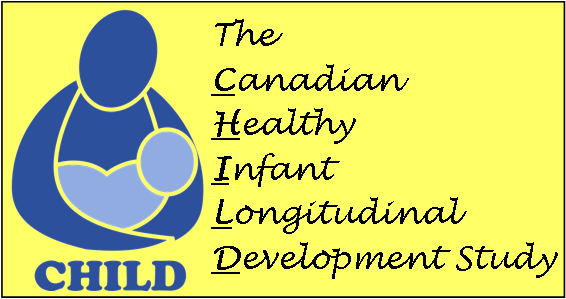- Home
-
Allergy & Asthma Information
- Asthma: The Basics
- Living With Asthma
- Asthma Tools
- Asthma Triggers
- Asthma & Eczema
- Asthma & Allergy
- Hay Fever
- How to use a:
- About Us
- Order Info
Is it Asthma?
What is Asthma?
- Asthma is a chronic* disease of the airways in the lungs.
- In asthma, the airways are sensitive and always a little swollen.
- When asthma gets worse, the inside of the airways become more swollen and make extra mucous and the muscles on the outside of the airways tighten.
- The symptoms of asthma are cough, wheeze (whistling noise in the chest), feeling short of breath and chest tightness.
*chronic means it is always there, even when there are no symptoms.
How do you get Asthma?
- You can not catch asthma from another person.
-
A child may get asthma if:
- a parent, brother or sister have asthma or allergies
- the child has eczema or other allergies
- Some early childhood chest infections may help to "turn on" asthma.
- Exposure to tobacco smoke early in life causes more asthma and allergies.
Is it Asthma?
To diagnose asthma, your doctor will ask questions about:
- when the problem first began
- how often breathing problems occur
- how long problems last
- how your child looks when he/she is having trouble breathing
- what seems to cause the symptoms (eg. just colds)
- if you notice symptoms at night
- if there are symptoms with activity
- whether the child had to go to the hospital for symptoms
- medicines that have been used to treat symptoms and if they worked
What tests will be done?
Your doctor will:
- examine the child's nose, chest and skin
- listen to the lungs and chest using a stethoscope
- ask older children to breathe out hard and long so any wheeze can be heard
Your doctor may also:
- do a breathing test (spirometry) in older children to help confirm whether the child has asthma
- try some asthma medicine to see if it helps the symptoms, which can help make the diagnosis
- do other special breathing tests (eg. exercise challenge test)
- refer you to an asthma specialist for more tests (eg. allergy testing)
- do a chest x-ray to rule out other causes for symptoms (eg. pneumonia)
What do I need to do?
- Keep a record of when symptoms happen and how long they last.
- Try to identify what causes the asthma symptoms.
- Know how and when to use any asthma medicines your child is given.
- Work with your doctor to form a treatment plan.
- Regular follow-ups with the child's doctor are important to determine if medicines are working.
Asthma Allie Says:
"An Asthma Educator can help you learn more about asthma"

The Children's Allergy & Asthma Education Centre ©2011, 2014
![]()

The Children's Allergy & Asthma Education Centre
Phone: (204) 787-2551
Toll Free: 1-888-554-1141
Fax (204) 787-5040

